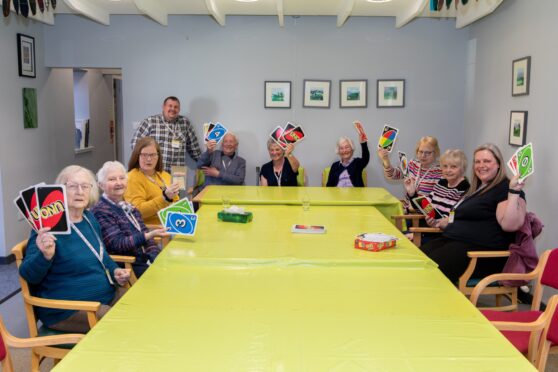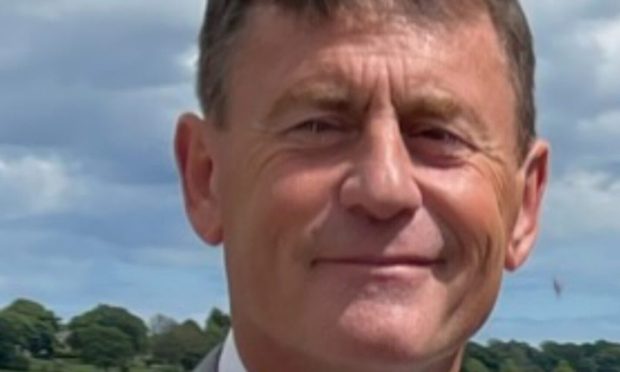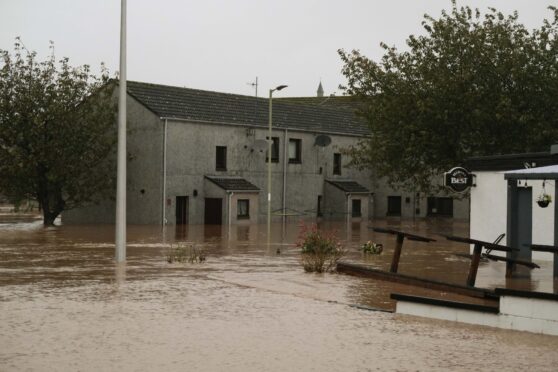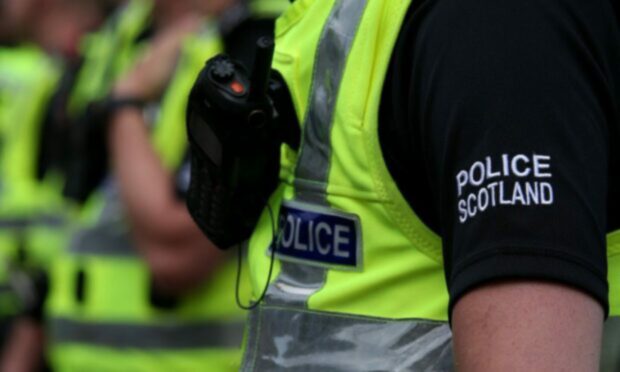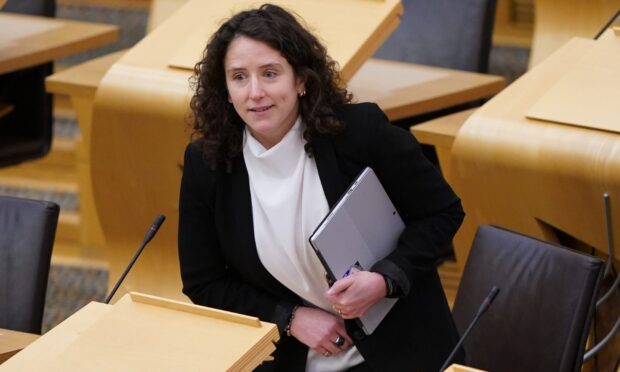Wildlife organisations say public confidence in raptor crime prosecution is being “significantly undermined” after a decision to drop a case against a former gamekeeper accused of setting pheasant-baited traps on a glens estate.
RSPB Scotland and the Scottish Wildlife Trust have both raised concerns after the Crown Office confirmed proceedings against Craig Graham, which had been scheduled for trial at Forfar next week, will not now go ahead.
Mr Graham had been due to face trial on two charges of baiting a fenn trap with a pheasant carcass on land at Brewlands Estate, Glenisla, in July 2015.
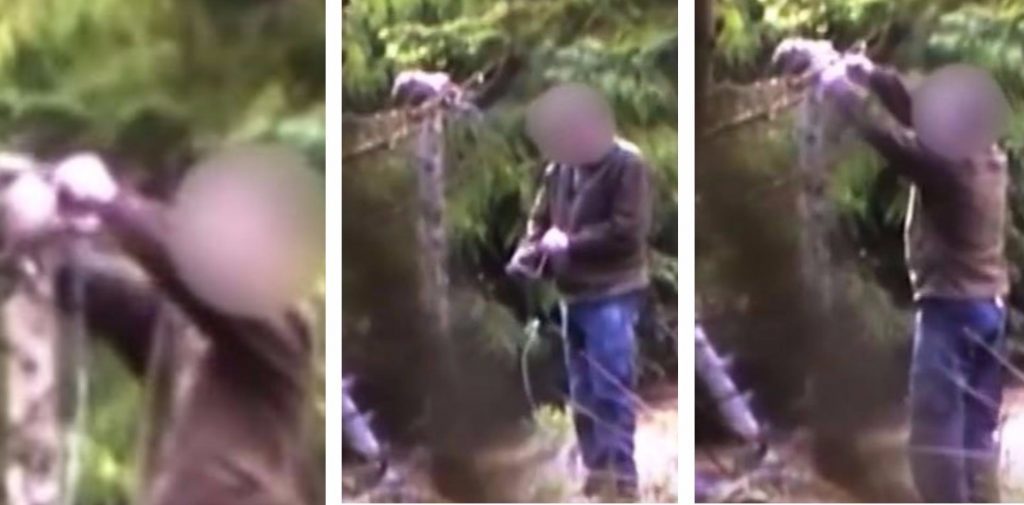
RSPB Scotland said it captured video footage of an illegal pole trap being set on the estate on the Angus/Perthshire border.
However, the Crown Office said that the law places limitations on the admissibility of evidence which has been obtained irregularly.
It comes after charges against a former gamekeeper accused of illegally shooting a bird of prey in Moray were dropped.
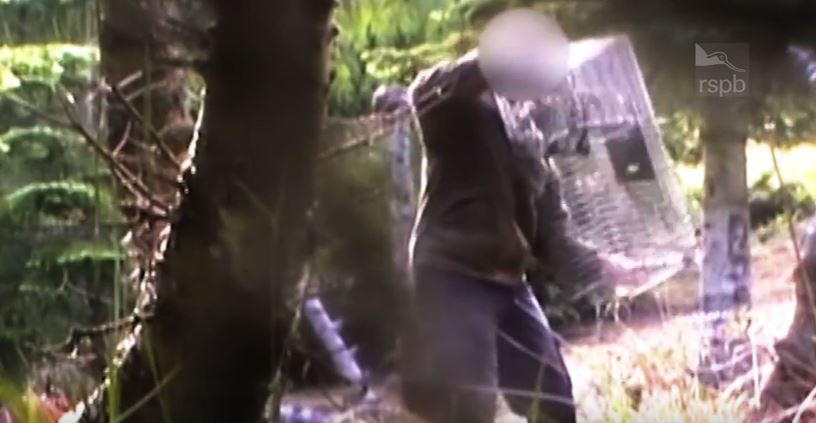
RSPB Scotland’s head of species and land management, Duncan Orr-Ewing said: “For one case, where there was excellent video evidence to support the prosecution, to be discontinued inexplicably by the Crown Office so close to the trial was baffling.
“For a second case to be discontinued, again with no explanation from the Crown Office, and again without the opportunity for the evidence to be tested in court, is deeply concerning, and significantly undermines our confidence in the ability of Scotland’s justice system to bear down on the criminals who continue to target our protected birds of prey.”
RSPB Scotland said after initially finding the trap, the team made it safe as they had no mobile phone signal to contact the police, and deployed a video camera focused on the area, to secure the evidence until police could attend.
A few days later, staff accompanied a police wildlife crime officer to the scene, where it was found the trap had been reset. Police seized the device as evidence, and the camera was recovered.
Footage recorded by the camera showed the trap apparently twice being reset in the days after it was found, RSPB Scotland said.
Susan Davies, the Scottish Wildlife Trust’s director of conservation, said: “The public will be disappointed that the prosecution of another alleged wildlife crime has been dropped due to inadmissible evidence.
“This footage demonstrates that raptor persecution continues to be a problem, and that some land managers need to clean up their act.
“We urge the Scottish Government to toughen their resolve in tackling these unacceptable practices.”
A spokesman for The Scottish Gamekeepers Association said: “The SGA has no membership interest in this case and has an unequivocal approach to wildlife crime.
“Our members are made acutely aware of what is required in setting traps. Those who fail to comply should consider the effects this has on the reputation of others in the profession.
“Judgements on what is admissible or not in terms of deploying video surveillance are judgements to be made by independent law officers, qualified to make them, not membership organisations like ourselves.”
A Crown Office spokesman said: “Discussions have taken place over a number of years between RSPB and COPFS about the admissibility of evidence obtained through the use of covert surveillance.
“The Crown has consistently made clear the limitations which the law places on the admissibility of evidence which has been obtained irregularly. The Crown will continue to have further dialogue with RSPB to explain the legal position.
“The Crown is committed to the rigorous, fair and independent prosecution of crime, including wildlife and environmental crime. It has a specialist unit dedicated to the prosecution of wildlife and environmental crime, acting under the direction, as required, of a Senior Advocate Depute.
“The investigation of crime is subject to rules which have developed over many years and aim to strike a balance between enabling justice to be done and protecting the public from illegal or irregular invasions of their liberties. The Crown requires to apply the law fairly and independently to the circumstances of each case.”
A spokesman for The Scottish Gamekeepers Association said: “The SGA has no membership interest in this case and has an unequivocal approach to wildlife crime.
“Our members are made acutely aware of what is required in setting traps. Those who fail to comply should consider the effects this has on the reputation of others in the profession.
“Judgments on what is admissible or not in terms of deploying video surveillance are judgements to be made by independent law officers, qualified to make them, not membership organisations like ourselves.”
The Courier attempted to contact Mr Graham and the Brewlands Estate for comment.
